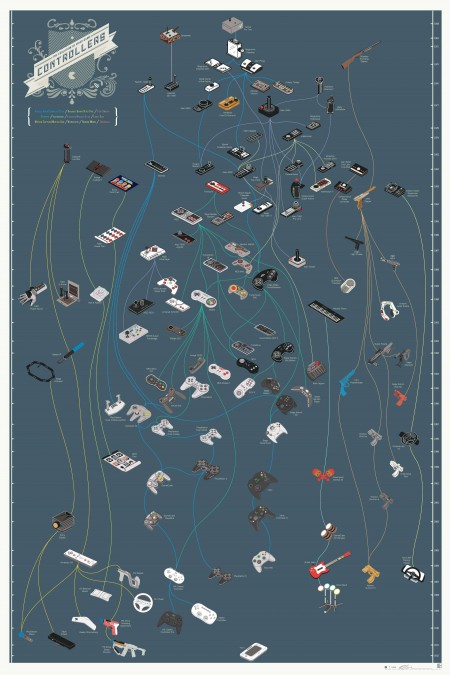Please join us for Practice, our game design conference at New York University October 28-30, 2011.

What is the practice of game design?
Out of all the disciplines needed to make a game, game design is the most critical but least understood. PRACTICE is an unprecedented gathering of professional game designers that takes a rigorous look at the ideas and methods of game design.
Bringing together veteran designers across computer and videogames, paper games and sports, PRACTICE takes a close look at the nuts and bolts of game design. Through lectures and panels, workshops and discussion, we will explore the practice of game design, with a head focus on the concrete, day-to-day activity of designing games. And there will be plenty of time of gameplay and socializing too.
PRACTICE is not a conference about business, technology, or how to break into the industry. If balancing the variables in a virtual economy or theorizing about the effect of rule changes on a player’s emotional experience sounds like fun to you, this is the conference you’ve been waiting for.
This two day conference will be held at the Game Center on October 28th-30th, will a full schedule of events listed on the PRACTICE website.
Space is limited, so those interested in participating must purchase tickets.
For more information about the conference, follow this link.
NYU Students, Faculty, Staff, and Alumni – $400 (Limited Supply!)
To purchase at this price, login to NYU Home, navigate the the ‘NYU Life’ tab, and then scroll down to the bottom to ‘Ticket Central’ where you can click on ‘Buy Tix’.
General Admission – $500
To purchase at this price, please visit the online store here: https://web.ovationtix.com/trs/pe/9218275


